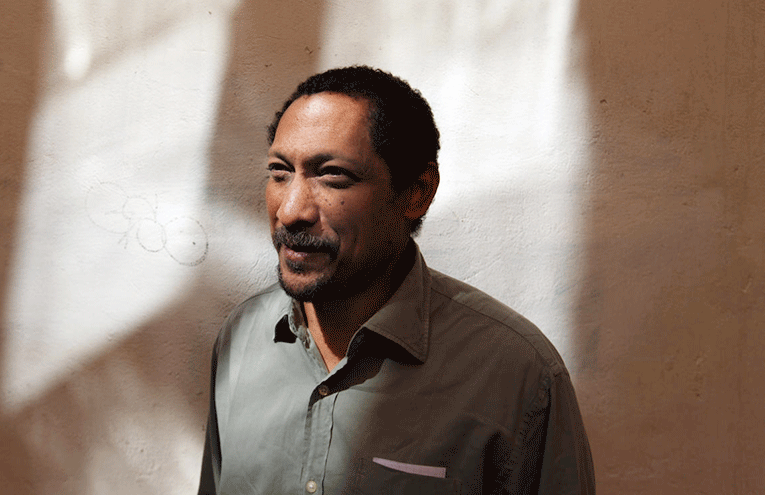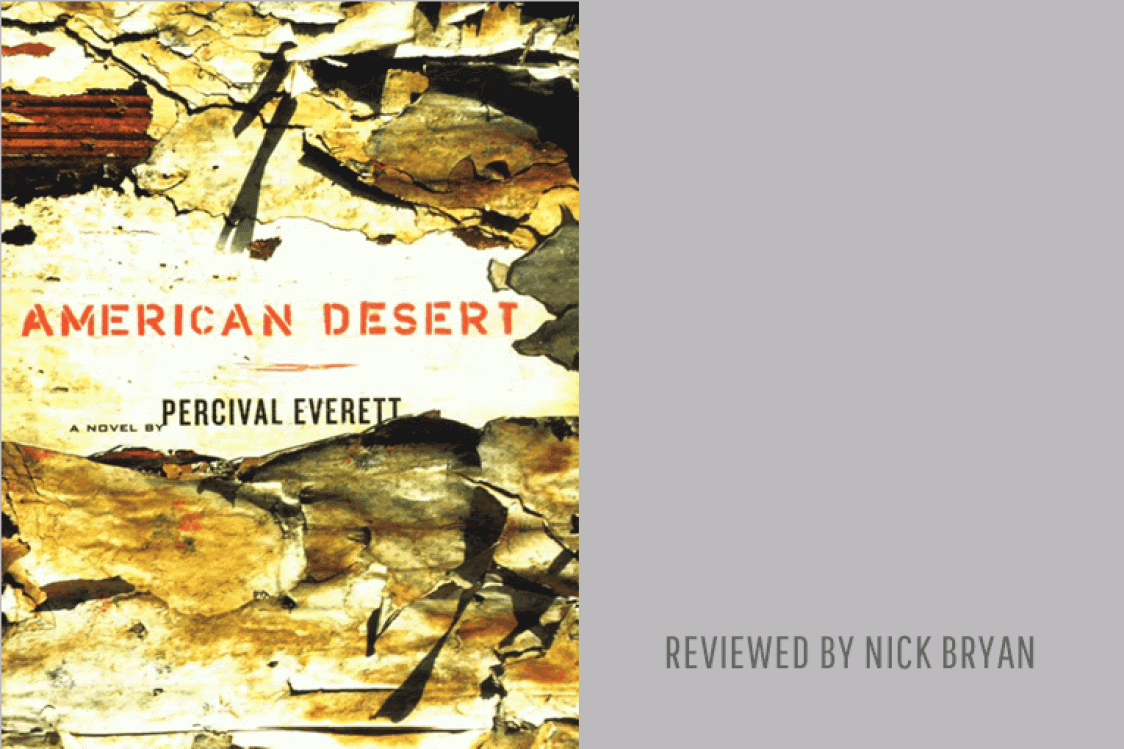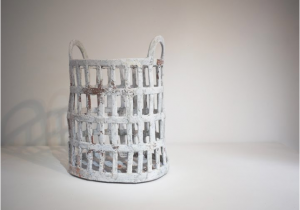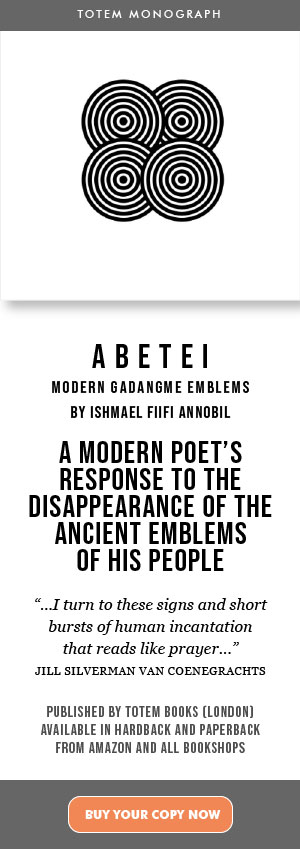ISBN: 0571226612
RRP: £10.99
Publication Date: 2005
Format: Paperback
Publisher: FABER & FABER
American Desert is very much a book of two halves. In the beginning, Percival Everett seems to be writing a down-to-earth, thoughtful exploration of what the fantastical scenario of returning from the dead would really be like. His language is uncomfortably coarse in describing both the mechanics of lead character Ted Street’s reanimation and in all other areas. Just as Street gains heightened senses from what happens to him, we are immersed in the awkward, messy nature of his life.
All of this reminds us jarringly that to actually go through what Ted goes through would be closer to a nightmare than a dream, as the likely and thoroughly unpleasant consequences are played out.
At this point the reader might find themselves asking what this has to do with the eponymous desert, and sure enough, the book obligingly switches gears. The change is a jarring one for both the audience and the lead character, since it sees him being literally abducted and taken out into the sands. Once there, Street encounters a string of desert clichés and is bemused by each of them in turn, including the crazy religious cult and the underground government installation conducting research into the unusual. Obviously, both of these groups have a certain interest in recently resurrected Ted.
The cover copy describes Everett as a satirist, and it is in the desert segment that this becomes really apparent. His earthy, real-life approach does provide an interesting view of these standard devices, but also shows them up as being ridiculous. Street tries desperately to escape the clutches of these lunatics and return to his normal life, and the reader is really willing him to succeed, since the exploration of what Ted’s recent supernatural experience means for his everyday life was truly gripping and beautifully, yet unsettlingly written.
The two halves, however, remain an uncomfortable marriage, and it left at least this reader with a vague feeling that Everett’s decision to swerve into desert satire in the latter half of the book didn’t feel like a natural conclusion to the first half, which was more humanising and enjoyable, with satirical swipes at religion and the media still very much in evidence.
The quality of the writing remains high throughout, and the latter half of the book is by no means entirely irrelevant. In particular, there is a messy ‘autopsy’ scene during the desert sequence that serves to highlight again the main character’s predicament. All the way through, it is this unique and well considering portrayal of a very unpleasant kind of life after death which makes this book special.

Percival Everett (Image Copyright of the Writer )
Reviewed by Nick Bryan





